Sungbin Choi
Traffic4cast at NeurIPS 2021 -- Temporal and Spatial Few-Shot Transfer Learning in Gridded Geo-Spatial Processes
Apr 01, 2022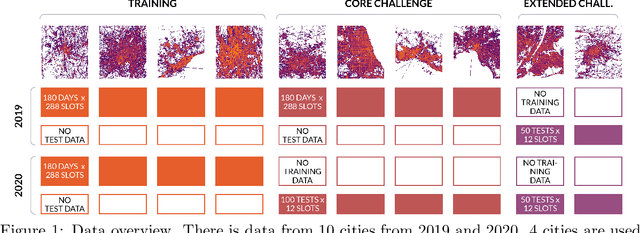
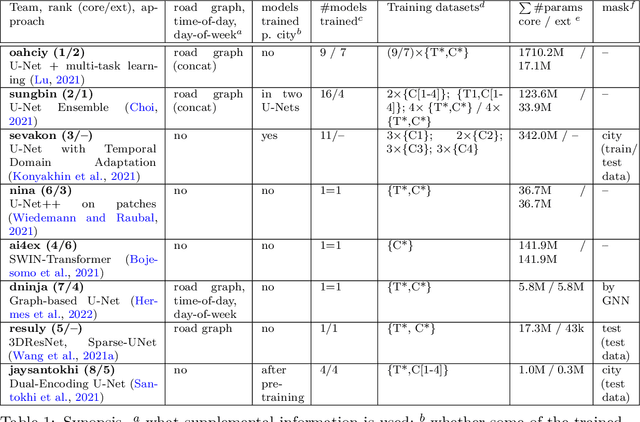


Abstract:The IARAI Traffic4cast competitions at NeurIPS 2019 and 2020 showed that neural networks can successfully predict future traffic conditions 1 hour into the future on simply aggregated GPS probe data in time and space bins. We thus reinterpreted the challenge of forecasting traffic conditions as a movie completion task. U-Nets proved to be the winning architecture, demonstrating an ability to extract relevant features in this complex real-world geo-spatial process. Building on the previous competitions, Traffic4cast 2021 now focuses on the question of model robustness and generalizability across time and space. Moving from one city to an entirely different city, or moving from pre-COVID times to times after COVID hit the world thus introduces a clear domain shift. We thus, for the first time, release data featuring such domain shifts. The competition now covers ten cities over 2 years, providing data compiled from over 10^12 GPS probe data. Winning solutions captured traffic dynamics sufficiently well to even cope with these complex domain shifts. Surprisingly, this seemed to require only the previous 1h traffic dynamic history and static road graph as input.
Utilizing UNet for the future traffic map prediction task Traffic4cast challenge 2020
Nov 24, 2020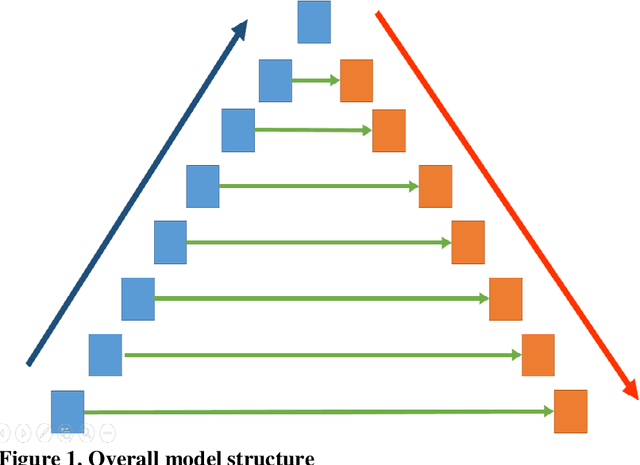
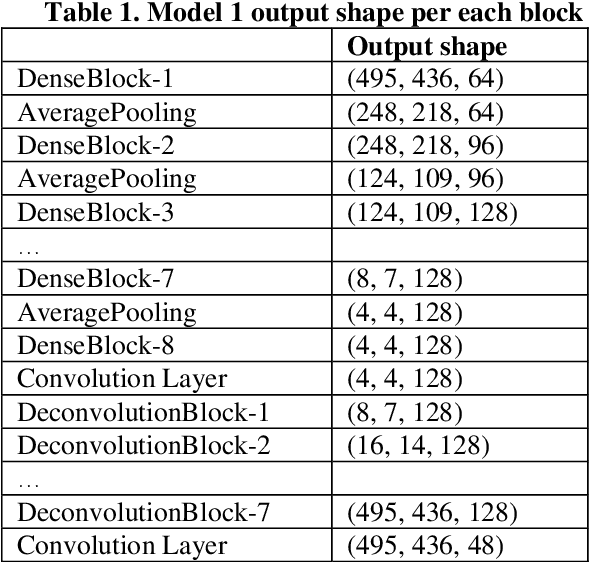
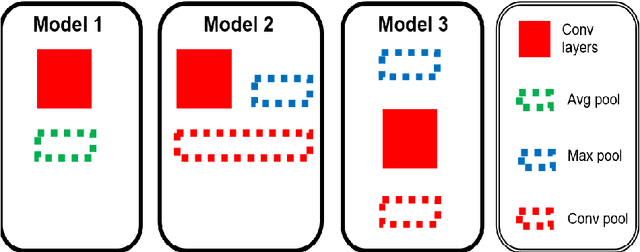
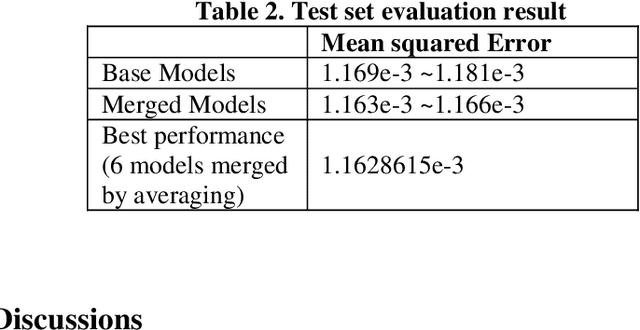
Abstract:This paper describes our UNet based experiments on the Traffic4cast challenge 2020. Similar to the Traffic4cast challenge 2019, the task is to predict traffic flow volume, direction and speed on a high resolution map of three large cities worldwide. We mainly experimented with UNet based deep convolutional networks with various compositions of densely connected convolution layers, average pooling layers and max pooling layers. Three base UNet model types are tried and predictions are combined by averaging prediction scores or taking median value. Our method achieved best performance in this years newly built challenge dataset.
Traffic map prediction using UNet based deep convolutional neural network
Nov 25, 2019
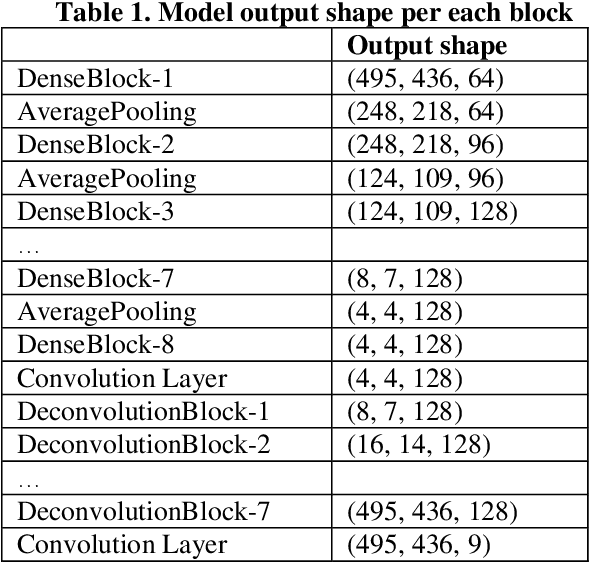
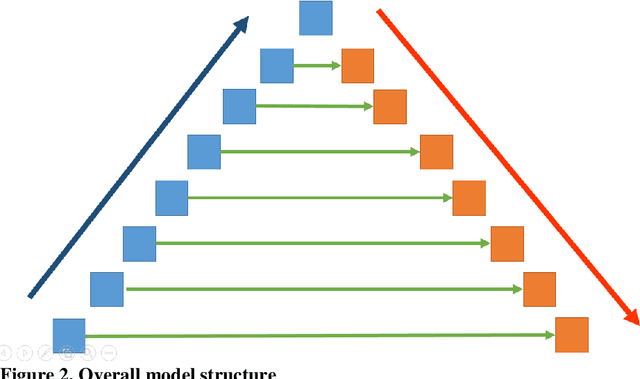

Abstract:This paper describes our UNet based deep convolutional neural network approach on the Traffic4cast challenge 2019. Challenges task is to predict future traffic flow volume, heading and speed on high resolution whole city map. We used UNet based deep convolutional neural network to train predictive model for the short term traffic forecast. On each convolution block, layers are densely connected with subsequent layers like a DenseNet. Trained and evaluated on the real world data set collected from three distinct cities in the world, our method achieved best performance in this challenge.
 Add to Chrome
Add to Chrome Add to Firefox
Add to Firefox Add to Edge
Add to Edge